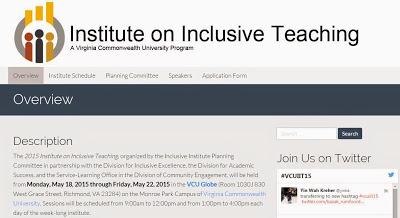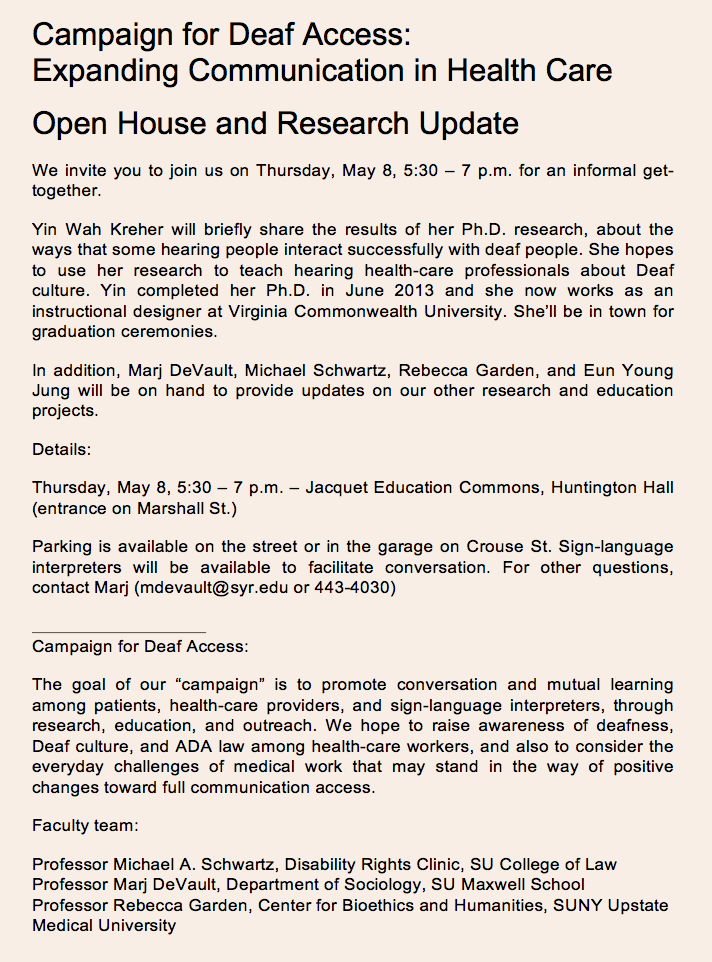Global Citizenship & the Embodiment of Connected Learning
Venue: FedEx office.
Yin: How much will it cost to ship this to Singapore?
FedEx: Where is Singapore? In China?
Although I’ve heard such comments before, repeatedly, it doesn’t mean I will get used to it. The truth is a majority of Americans do not own passports nor do international travel. More than half of the American population can’t travel to Canada or any other country in the world. If we analyze the numbers state by state, “the state with the highest percentage (of passport holders) was New Jersey with 62%, followed by Massachusetts (57%), New York (57%), Alaska (56%) and Connecticut (55%) (Stabile, Feb. 9, 2014). In New York state, I seem to encounter less of what we call racial microaggressions.
Racial microaggressions have been defined as “brief and commonplace daily verbal, behavioral and environmental indignities, whether intentional or unintentional, that communicate hostile, derogatory, or negative racial slights and insults to the target person or group” (Sue, Capodilupo, et al., 2007, p. 273)…
More important, once these are brought to their attention, Whites deny that they intended to offend, believe the person of color raising the issue is “oversensitive,” “paranoid,” or has simply misinterpreted the situation. Even when Whites entertain the notion that they unintentionally offended, they are likely to trivialize the slights as banal and “small things” (Rowe, 1990; Sue & Constantine, 2007).
Studies reveal, however, that racial microaggressions, while seemingly trivial in nature, have major consequences for persons of color:
(a) They assail the mental health of recipients (Sue, Capodilupo, & Holder, 2008);
(b) create a hostile and invalidating campus climate (Solorzano, Ceja, & Yosso, 2000);
(c) perpetuate stereotype threat (Steele, Spencer, & Aronson, 2002);
(d) create physical health problems (Clark, Anderson, Clark, & Williams, 1999); and
(e) lower work productivity and problem-solving abilities (Dovidio, 2001; Salvatore & Shelton, 2007).
Far from being benign slights, racial microaggressions have major detrimental consequences for people of color.
(Reference: Derald Wing Sue, Annie I. Lin, Gina C. Torino, Christina M. Capodilupo, and David P. Rivera, 2009, Teachers College, Columbia University)
I learned about these concepts through my work with the Institute for Inclusive Teaching planning committee. My colleagues gave me the words to articulate my struggles caused by persistent ignorance and insensitivity of some folks from another cultural background. Does the lack of cultural exposure and a lack of international travel correlate with the extent of racial microaggressions committed? I don’t know.
In a digitally networked world of connected learning, there should be greater impetus to become global citizens — people who can relate across different linguistic and cultural networks. There is no escaping internationalization in campuses. And why should there be?
So here are my suggestions on how to relate and work with internationals to foster diverse multicultural work settings that support global citizenship for connected learning.
- Instead of seeing internationals or people of color as “exotic creatures” to deal with, see them as human beings, whole persons.
- Make friends with people different from you. Learn a different culture.
- Learn a new language. A person who embodies connected learning, who participates in global digital networks, is and has to be a global citizen. Get out of your tiny world into the wide world of multiple languages. Help an international student practice his/her English.
- Race is never a subject to joke about. I love how Ricky Gervais puts it in the quote below. Don’t hide behind the facade of everything being a joke.
- Don’t use your cultural norms to judge a person from another culture. They are different from you, and rightly should be. Appreciate them for their uniqueness. Enter into their culture and see how things appear when you enter into their worlds. In Fox’s book, a Chinese American professor was quoted as saying that Asians are often perceived as being not suited for management positions because they’re not “dynamic” enough. “But that’s just discrimination based on stereotypes. Look at our cultures, our history, you’ll see fighters, orators, leaders — both men and women.” (Fox, 2014, p. 36). Whose standards are we using? Why?
- Stop making another person “the other,” creating an “us” versus “them” setup, creating divisions of inclusion and exclusion. Stop labeling people.
- Don’t lump us together (Fox, 2014). Not all Asians come from China. Nor are all Hispanics the same. Singapore is not in China, nor is it a backward country. It is one of the most affluent countries in the world, the Switzerland of Asia.
- People are not “things to be discarded when they seem inconvenient.” Treat others the way you want to be treated.
Comedy comes from a good or a bad place. The subject of a joke isn’t necessarily the target of the joke. You can make jokes about race without any race being the butt of the joke. Racism itself can be the butt, for example. When dealing with a so-called taboo subject, the angst and discomfort of the audience is what’s under the microscope. Our own preconceptions and prejudices are often what are being challenged. I don’t like racist jokes. Not because they are offensive. I don’t like them because they’re not funny. And they’re not funny because they’re not true. They are almost always based on a falsehood somewhere along the way, which ruins the gag for me. Comedy is an intellectual pursuit. Not a platform. – Ricky Gervais
Global citizenship is a choice and a way of living. It will likely not be easy for those who have not experienced a different culture or met a person different from them. It starts with self-awareness before one can extend that learning outwards to the world. Isn’t that what connected learning is about? Connected learning is a pedagogy of discomfort for those who are used to the traditional teacher-centric way of learning. We have to learn to move beyond our little community into the open world wide web. To truly consider oneself a connected learning practitioner, I recommend we start by learning to speak a few words of greeting in another language. It shows you care, enough to step inside the shoes of another.
Mark Zuckerberg did. *Applause*



